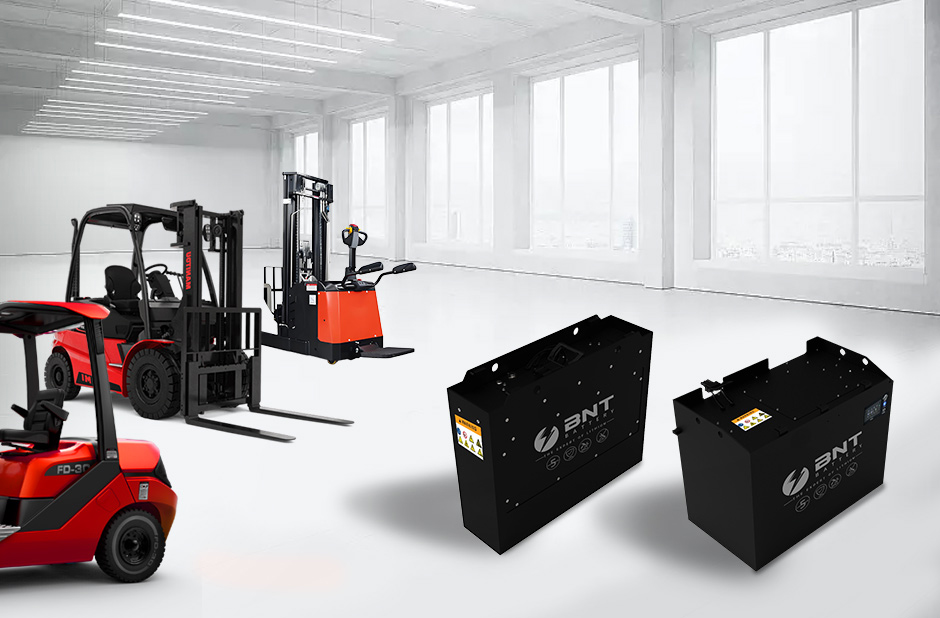Lithium batteries are rapidly transforming the forklift battery supply landscape, offering numerous advantages over traditional lead-acid batteries. As industries seek more efficient, reliable, and sustainable solutions for their material handling needs, lithium batteries have emerged as a game-changer.
Here are several reasons why lithium batteries are revolutionizing forklift battery supply:
1. Enhanced Performance and Efficiency
Higher Energy Density: Lithium batteries have a higher energy density compared to lead-acid batteries, allowing them to store more energy in a smaller and lighter package. This results in longer run times and reduced downtime for charging.
Faster Charging: Lithium batteries can be charged much more quickly than lead-acid batteries. Many lithium systems can achieve an 80% charge in just one hour, enabling forklifts to return to service faster and increasing overall productivity.
Consistent Power Output: Lithium batteries provide a steady voltage output throughout their discharge cycle, ensuring consistent performance. This reliability is crucial in high-demand environments where performance fluctuations can lead to operational inefficiencies.
2. Longer Lifespan and Lower Total Cost of Ownership
Extended Cycle Life: Lithium batteries typically have a cycle life of 3,500 to 5,000 cycles, significantly outlasting lead-acid batteries, which usually last around 500 to 800 cycles. This longevity reduces the frequency of battery replacements, leading to lower capital expenditures over time.
Reduced Maintenance Costs: Lithium batteries require minimal maintenance compared to lead-acid batteries, which need regular watering and equalization charges. This reduction in maintenance not only saves time but also lowers labor costs associated with battery upkeep.
3. Environmental Benefits
Eco-Friendly Technology: Lithium batteries are more environmentally friendly than lead-acid batteries. They do not contain harmful substances like lead and sulfuric acid, making them safer for both users and the environment.
Recyclability: Lithium batteries are recyclable, and many manufacturers have established programs to ensure responsible disposal and recycling. This commitment to sustainability aligns with the growing emphasis on corporate social responsibility in many industries.
4. Operational Flexibility
Opportunity Charging: Lithium batteries can be charged during breaks or between shifts without the risk of damaging the battery. This flexibility allows for continuous operation, maximizing the utilization of forklifts and reducing the need for spare batteries.
Space Savings: The compact design of lithium batteries allows for more efficient use of space in warehouses and distribution centers. This can lead to better layout options and increased storage capacity.
5. Technological Advancements
Smart Battery Management Systems (BMS): Many lithium battery systems come equipped with advanced BMS that monitor battery health, charge cycles, and performance metrics. This technology provides valuable data for optimizing operations and ensuring the longevity of the battery.
Integration with Automation: As industries increasingly adopt automation and robotics, lithium batteries are well-suited to power automated forklifts and other material handling equipment, enhancing efficiency and productivity.
Lithium batteries are revolutionizing forklift battery supply by offering enhanced performance, longer lifespan, lower maintenance costs, and environmental benefits. As industries continue to seek more efficient and sustainable solutions, the adoption of lithium battery technology in forklifts is expected to grow. By investing in lithium batteries, businesses can improve their operational efficiency, reduce costs, and contribute to a more sustainable future.

Post time: Feb-06-2025
